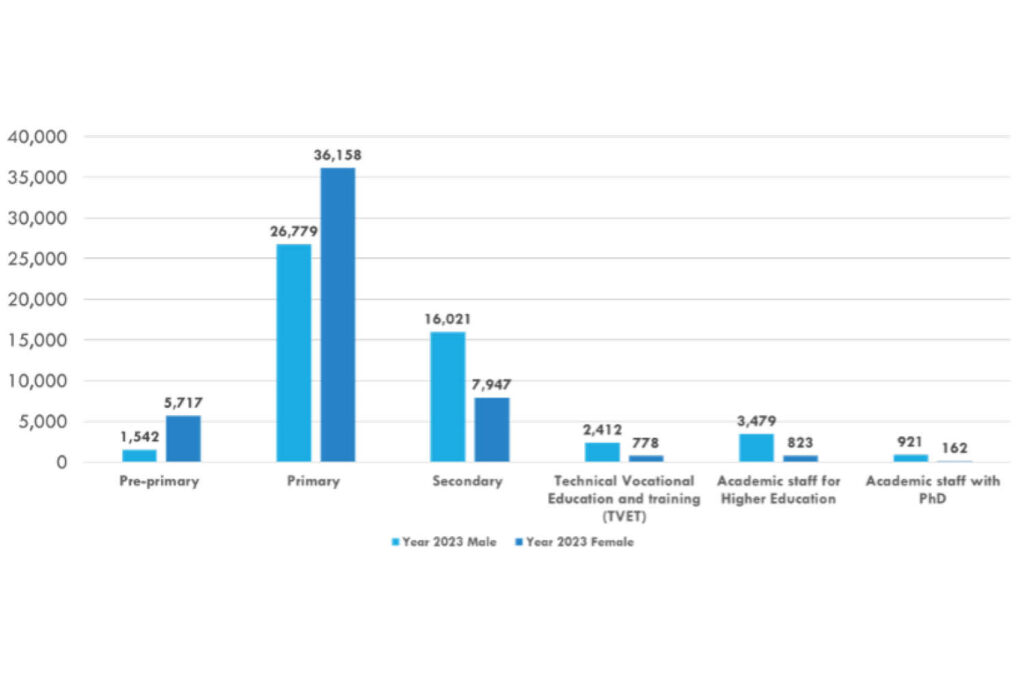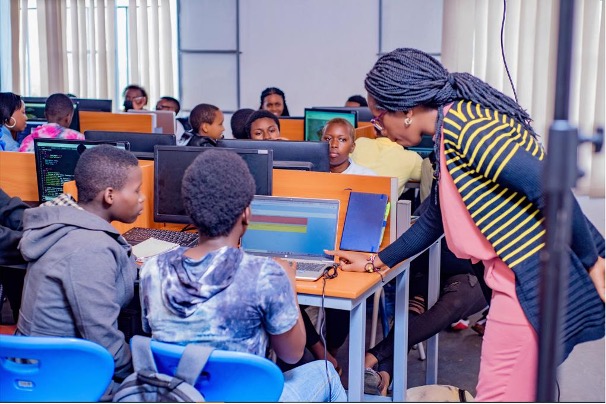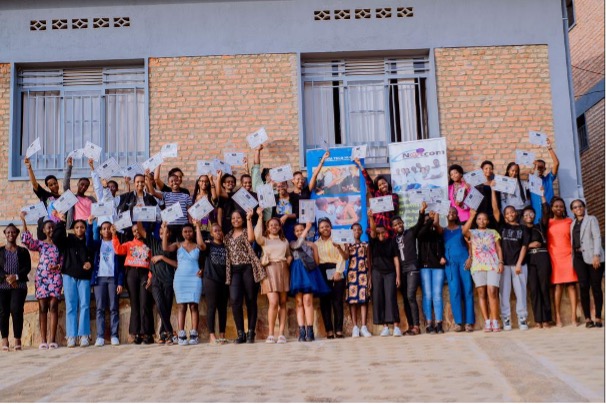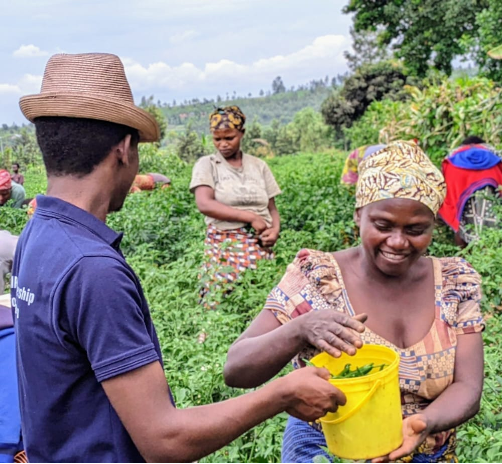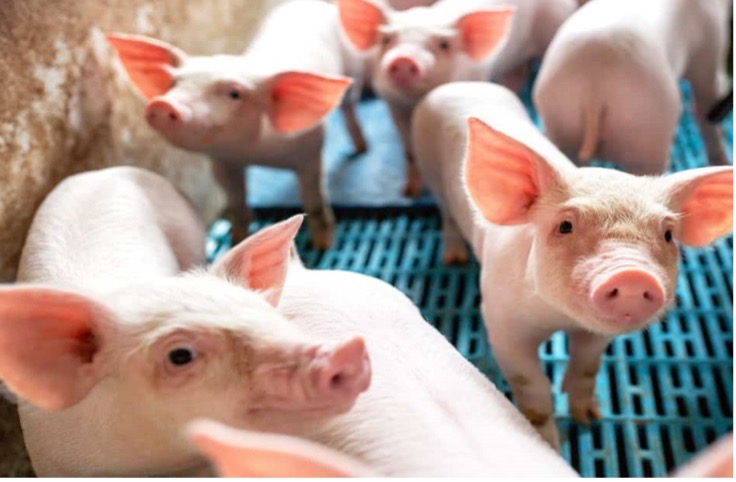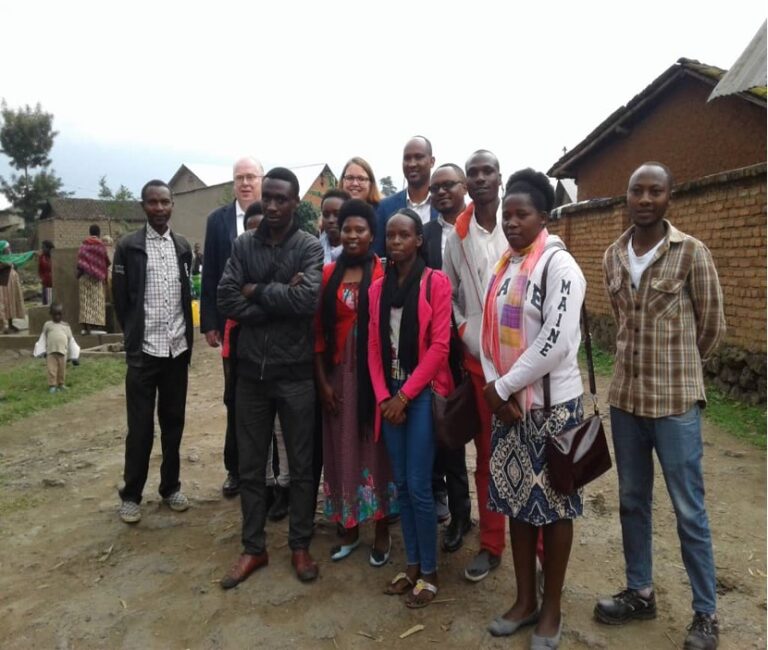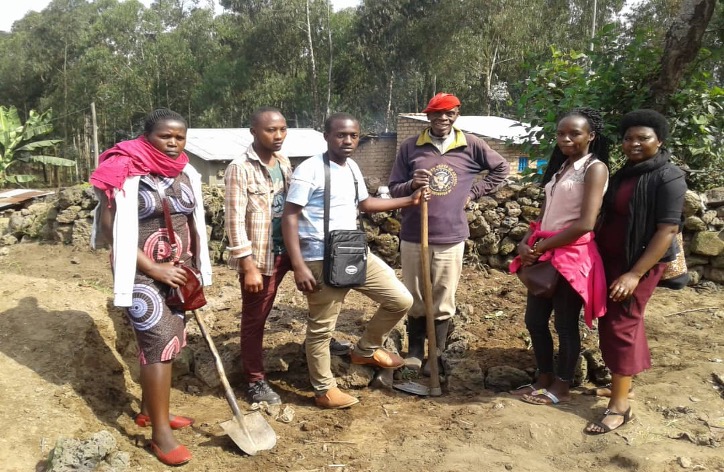Obliged to focus on teaching and engaging with busy research work, researchers often fail to think beyond academic results. Dr. Jennifer Batamuliza and Professor Alfred Bizoza from the University of Rwanda (UR) informed us about techniques for transferring university knowledge to real-world impacts.
What bring you to Sweden?
We are here to continue planning our courses as part of our collaboration between SLU and the UR in one of the fifteen sub-programmes of Sida-funded bilateral capacity-building programmes. The Engendering Rural Transformation and Sustainable Development (ENTRUST) sub-programme has four PhD students, three of whom are studying at the Swedish University of Agricultural Sciences. Since 2017, we have closely collaborated with the Department of Rural and Urban Development and the Department of Economics at SLU. While visiting Sweden, we are collaborating developing two doctoral courses to be integrated at the University of Rwanda. The first PhD course “Farming, food consumption and health”, is being co-designed with Associate Professor Linley Chiwona Karltun of SLU. This is a collaborative undertaking with Dr Franklin Amuakwa Mensah at Luleå University of Technology, where our fourth PhD candidate is based. The second course focuses on “Information Communication Technology, Gender and Rural Transformation”, and we are partnering closely with Associate Professor Caroline Wamala Larsson, based at SPIDER at Stockholm University. Both courses are planned to be run as pilots in May-June 2025 and will be open to PhD students globally, focusing on the African context.
Such true collaboration brings up many lessons from both partners. We have learnt great stories from your works that create real impact on society. Can you share some of those examples with us?
One concern is that gender inequality remains high in the higher learning education in Rwanda. As shown in figure 1, the number of teachers, both male and female, has dropped drastically after primary education. One-fourth of the lecturers at university level are female. There are a serious concern that many of the girls and women do not make it to the top to pursue a professional career.
